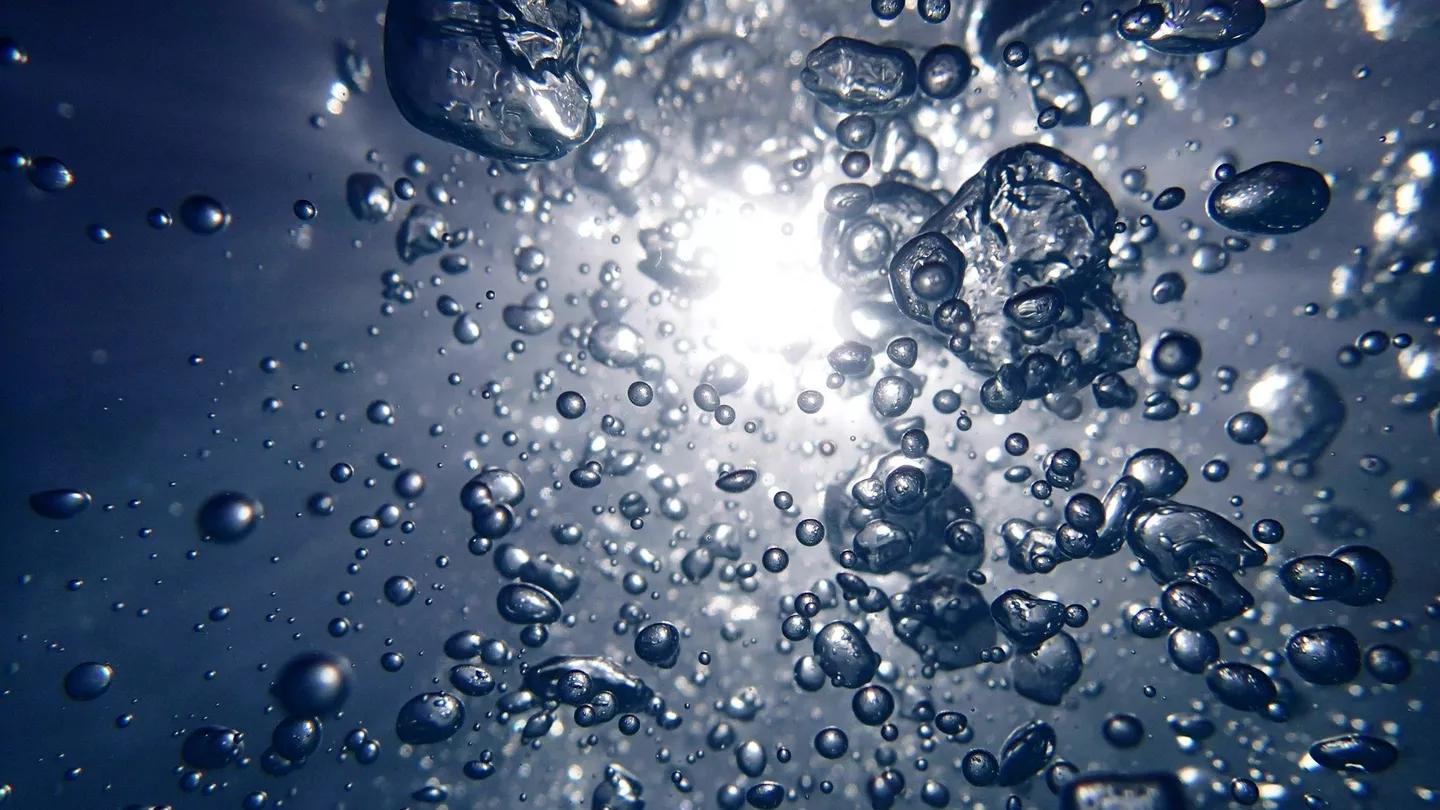Africa-Press – Namibia. According to the National Oceanic and Atmospheric Administration, around half of Earth’s oxygen comes from the ocean. The production can typically be linked to oceanic plankton, drifting plants, algae and certain bacteria, with all four are capable of photosynthesis.
Scientists are searching for the explanation behind a rather strange phenomenon: at the bottom of the Pacific Ocean there are large amounts of oxygen being produced by an unknown source. The finding is odd, to say the least, considering that photosynthesis is impossible in such deep, dark depths.
“We have another source of oxygen on the planet, other than photosynthesis,” said Andrew Sweetman, a study co-author, and a sea-floor ecologist at the Scottish Association for Marine Science in Oban, UK.
He adds that the findings could have implications for understanding how life on Earth first began, as well as the possible impact of deep-sea mining in the region.
Sweetman first observed the phenomenon in 2013 while studying the Clarion-Clipperton zone which is an area between Mexico and Hawaii. At the time Sweetman believed he had faulty equipment when it showed him oxygen was being made on the seafloor.
Donald Canfield, a biogeochemist at the University of Southern Denmark in Odense, said the observation is “fascinating,” but added that it is “frustrating, because it raises a lot of questions and not very many answers”.
A group of researchers, whose study was published Monday in Nature, believe electrochemical activity is being produced by polymetallic nodules made of manganese and iron. These nodules look a bit like lumps of coal and are believed to be responsible for splitting H2O molecules.
The nodules have required millions of years to form and are made of minerals which can be used to create batteries, raising the possibility that mining companies may take an interest in the discovery.
But while these minerals could help with the transition to green energy, environmental scientists and activists believe deep-sea mining could upend ecosystems in unpredictable ways and affect the ocean’s ability to shield our planet from the effects of climate change. Mining that took place in the 1980s left behind an environment in which even bacteria have not been able to recover, according to marine biologists.
For More News And Analysis About Namibia Follow Africa-Press






